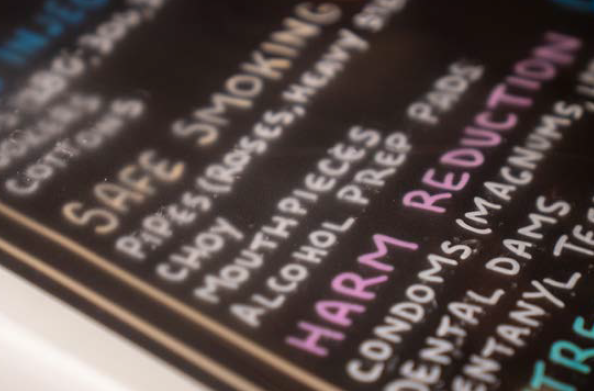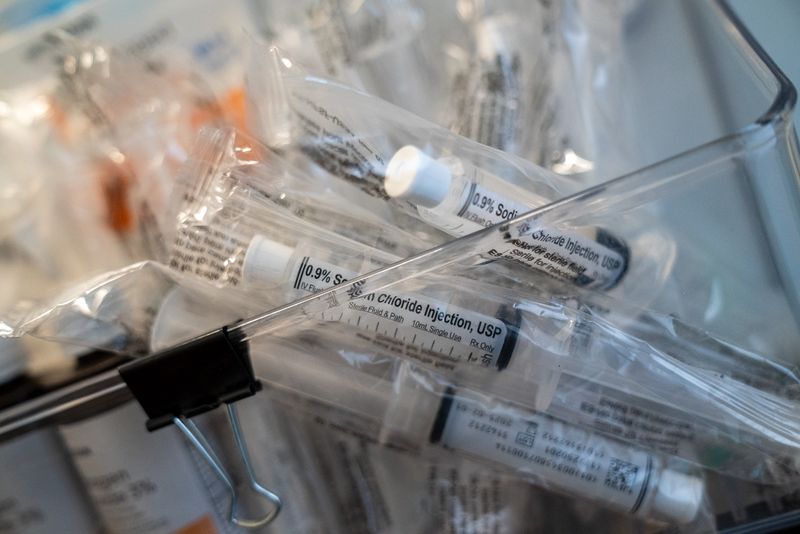Department of Public Health (DPH) approval of a mobile unit requires compliance with all relevant regulations under 105 CMR 140.000: Licensure of Clinics and the provision of quality care in accordance with applicable standards of practice, state and federal regulations and the conditions detailed therein. In order to request DPH licensure approval for a mobile unit, the following steps must be followed/documents must be submitted to DPH:


Massachusetts Controlled Substances Registration (MCSR)
As a supplement to DPH licensure, the licensee entity must apply to the Massachusetts Drug Control Program for a MCSR to possess Schedule VI controlled substances on the mobile unit. Schedule VI controlled substances are drugs which are not regulated on the federal controlled substances schedules (i.e. Schedules II–V) but which nevertheless require a prescription. Please note that in the case of mobile units whose addiction services are limited to engaging and linking patients with community-based treatment (i.e. OUD treatment is not provided on the mobile unit), the MCSR drug approval is only for drugs used in treatment on the mobile unit and does not allow for dispensing of controlled substances (e.g. Suboxone). To this point, please note that there is no state approval to provide OUD treatment here as the mobile unit does not provide a separate, identifiable program specifically designed to care for persons suffering from OUD
Clinical Lab Improvements Amendments (CLIA) Certificate
In order to offer CLIA-waived laboratory services on the mobile unit (e.g. basic glucose, urine dipstick, strep, pregnancy, etc.), the licensee entity must designate a lab director and apply to the Massachusetts Clinical Laboratory Program for a CLIA certificate for the mobile unit. The Clinical Laboratory Program will then work with the Centers for Medicare and Medicaid Services (CMS) to process the CLIA certificate approval. For any laboratory testing services that the mobile unit wishes to provide its patients beyond waived testing, it would need to have arrangements by a contract with an outside laboratory
Medicare and MassHealth
Finally, we note the need to apply to both Medicare and MassHealth in order to bill for Medicare and MassHealth services provided to patients on the mobile unit